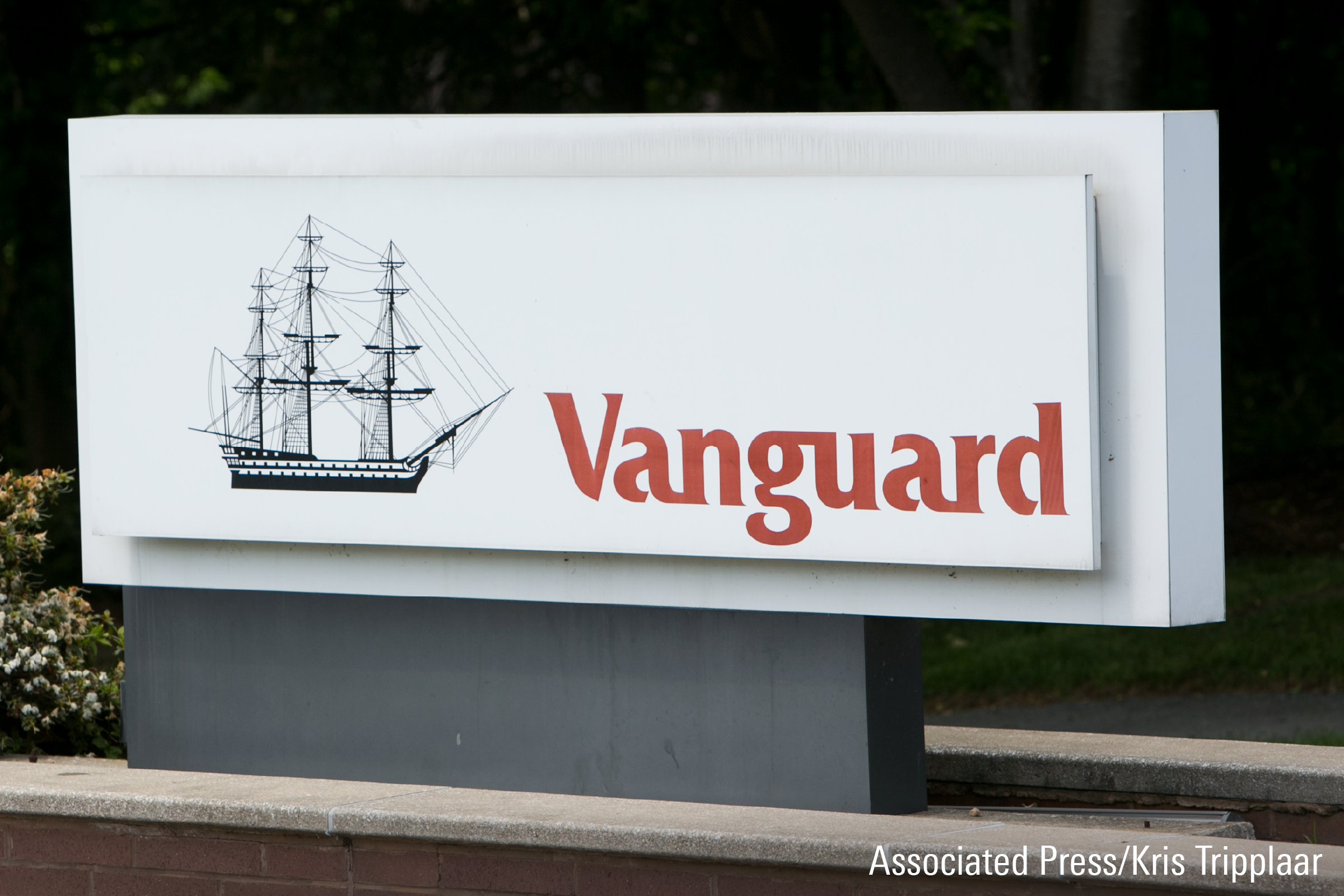
Key Morningstar Metrics for Vanguard FTSE Developed Markets ETF
- Morningstar Medalist Rating: Silver
- Process Pillar: Above Average
- People Pillar: Above Average
- Parent Pillar: High
Vanguard FTSE Developed Markets ETF VEA has a market-cap-weighted portfolio that holds nearly all stocks in the developed international market. Its low fee and expansive portfolio make it one of the more appealing international-stock funds available.
The fund tracks the FTSE Developed All Cap ex US Index. It targets small-, mid-, and large-cap stocks from international-developed markets, pulling in around 4,000 names. The final portfolio weights its holdings by market capitalization. Market-cap weighting is an efficient way to size holdings because it harnesses the market’s consensus opinion of each stock’s relative value. Stocks that increase in size take up a larger share of the portfolio, while shrinking companies that may be struggling will have less importance.
Diversification is a strength of this portfolio, owing to its expansive target index. Unlike many competitors, it includes stocks from Canada and South Korea, improving its breadth. Vanguard FTSE Developed Markets ETF holds almost 4,000 stocks, with its 10 largest positions regularly accounting for around 10% of the assets. No one position accounts for more than 2% of the allocation. Some of this fund’s largest holdings are European multinationals with diversified revenue streams and robust competitive advantages.
Emerging-markets stocks are a narrow part of the investment universe that this fund misses. While they usually constitute just one tenth of competitor portfolios, this fund is not positioned to reap the rewards should they perform well. However, substandard performance in that segment gave Vanguard FTSE Developed Markets ETF a leg up on competitors in recent years.
The FTSE Developed All Cap ex US Index returned 8.3% annualized for the five years through September 2024, similar to other developed-markets indexes but better than those that included poor-performing emerging-markets stocks. Volatility tends to be slightly elevated for this index, but risk-adjusted returns still measure up to similar benchmarks.
Vanguard FTSE Developed Markets ETF: Performance Highlights
The FTSE Developed All Cap ex US Index gained 5.8% annualized over the 10 years through September 2024, a return similar to other prominent foreign-stock indexes. Its exclusion of emerging-markets stocks limits its scope relative to broader benchmarks and contributes to short-term return discrepancies, but those differences equated to little over the past decade. Volatility tends to run slightly hotter than some benchmarks, but differences are minor.
The index’s focus on developed-markets stocks drives most risk and return differences compared with its more expansive peers. That’s not guaranteed to continue because those differences have mostly washed out long term. Emerging-markets stocks underperformed their larger and developed-markets peers by a considerable margin over the last few years. This was likely owing to high global interest rates, as emerging markets tend to be more sensitive to interest-rate changes. Forces impacting different sections of the global market will continue to drive relative performance, but this strategy should effectively represent the foreign-developed stock market and do well when its constituents do well.
Vanguard FTSE Developed Markets ETF does not hedge currency risk. This has mostly hampered performance since the US dollar has been stronger than the foreign currencies represented in this portfolio. However, the advantages and disadvantages of currency hedging come in waves. Over the long run, the impact of foreign-exchange rates on total return tends to wash out.
The author or authors do not own shares in any securities mentioned in this article. Find out about Morningstar's editorial policies.















